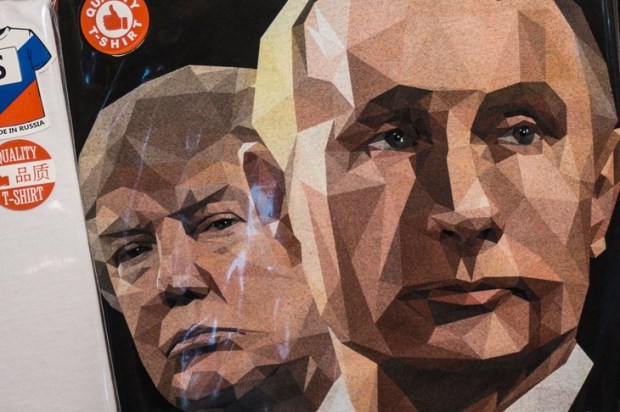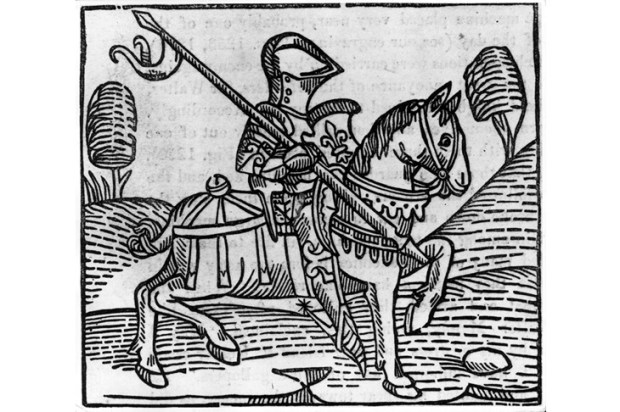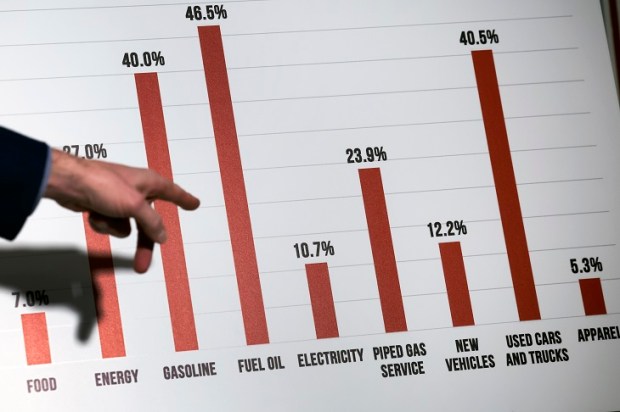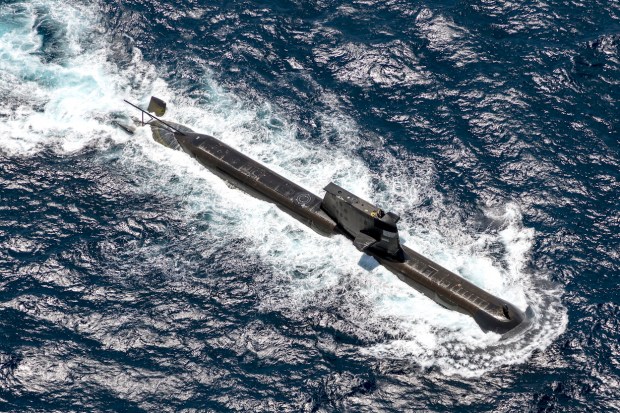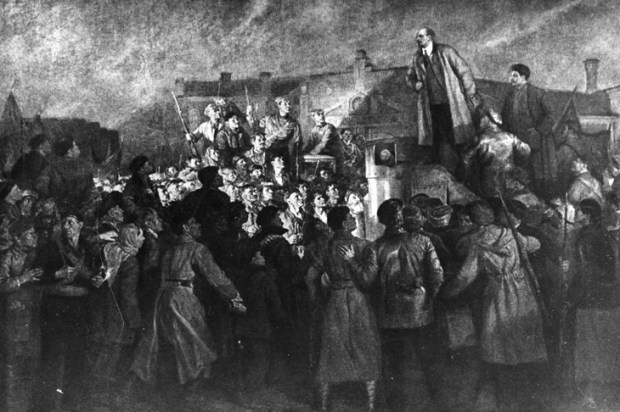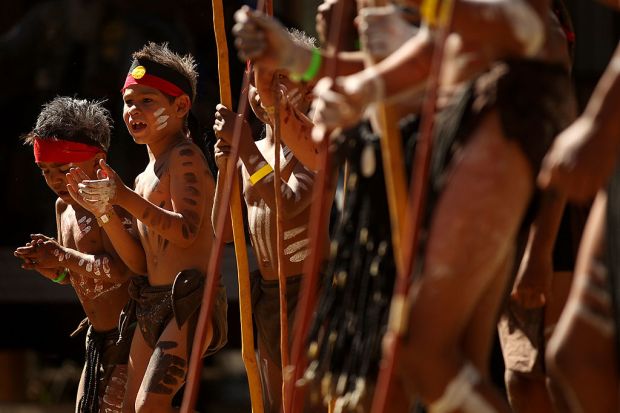I wanted to be an Aboriginal when I was a kid. I remember reading The Rainbow Serpent by Dick Roughsey and Percy Trezise and thinking that was the life for me. Roaming the bush, camping out, hunting for food, and not going to school. It seemed too good to be true. Unfortunately, it was.
Today, the situation with Indigenous people in Australia, especially those in the most remote areas of the country, seems beyond repair. Surely nobody, on either side of the left/right divide, wants Indigenous lives in remote communities to be this traumatic.
‘You’re the voice, try and understand it, Make a noise and make it clear, We’re not gonna sit in silence, We’re not gonna live with fear.’
Do we need an Indigenous Voice to Parliament, or is it just lip service? Nobody knows what the Voice means and it does not appear to address Indigenous Australians living in fear. What is being done to resolve the real problems on the ground? Is proselytising the ‘Voice to Parliament’ while sipping chai lattes enough?
I’ve always had my doubts about people with the gift of the gab. They seem to have a way of excelling in their careers without doing any work, with a gift of speech and a gift of evading getting their hands dirty in more ways than one – avoiding work and avoiding being blamed when they get caught red-handed. Anytime you act, you risk making a mistake and copping the blame. I’d rather have dirty hands than dirty lips.
Travelling around Australia as a kid in 1996 I saw both sides of the coin regarding Aboriginal town management. Finke was a well-run, functional town. Docker River looked like a war zone. I understood the reason as a 12-year-old: Finke had alcohol ban signs as you entered the town, by order of the elders.
We haven’t learnt much in 25 years. Last year, the federal Labor government allowed alcohol restrictions to lapse, and the ensuing chaos has been well documented. Norther Territory police statistics show that ‘reported’ property offences jumped by almost 60 per cent, while assaults increased by 38 per cent, and domestic violence assaults were up 48 per cent. Sadly many, including Aboriginal Norther Territory Senator Jacinta Nampijinpa Price, predicted this outcome.
The solution, says the Northern Territory Chief Minister Natasha Fyles, is funding for family and sexual violence prevention services and alcohol treatment. Is the federal money firehose approach going to work this time? It hasn’t worked before, it’s made things worse.
Emergency laws have been enacted which allow towns to revert to dry zones, while individual communities can develop alcohol management plans. I’m all for the principle of subsidiarity, by which laws are made at the closest possible level to the people they affect, but allowing local communities to make their own alcohol rules could have dire consequences. Think of a town with an alcoholic elder where there is a history of sexual abuse. It isn’t always easy to move towns. In times past, Indigenous people who married outside their group (or married straight) faced social exile. A young woman fleeing from Docker River to Finke for the safety of her children might not be welcomed when she arrives, regardless of her voice.
Activist types sipping coffee in Newtown and Brunswick think Australia needs to constitutionally mandate a Voice to Parliament. When it comes down to it, the system of Parliament superseded the autocratic approach precisely because no one voice should drown out the others. Rather, decisions should be taken as a consensus by people of merit.
These intellectuals are unrealistic. As much as we are sorry for it, realistically, we aren’t going to un-invade Australia, no matter how virtuous our virtue-signalling. If we do, where will we live, and who, economically or militarily, will invade next? Having lived and travelled all over the world, I’m grateful to have grown up in a British colony.
On the ground in the Northern Territory, Indigenous MP for Lingiari, Labor’s Marion Scrymgour, says, ‘The Voice couldn’t be further from people’s view up here … because people are under siege in their own homes.’ There seems to be a gigantic disconnect between those with the gift of the gab, who are all talk and no action, and those getting their hands dirty. Labor are light on the details of how the Voice will work but, seemingly, the Voice serves as a megaphone over Parliament, or apparently, 24 megaphones – each with their own potentially competing interests. Isn’t that what Parliament does anyway?
Our Prime Minister is resolute: ‘The voice is about recognition and consultation.’ But don’t we already recognise and consult? ‘We’re seeing women being beaten on the streets in front of our faces… People are shocked at what’s happening, it’s unacceptable,’ reports Dr John Boffa, Chief Medical Officer of the Central Australian Aboriginal Congress. Recognition and consultation aren’t working, so how does the Prime Minister think more of the same will help? Alcohol brings underlying issues to the surface; would welcoming to country until we are blue in the face stop the horrendous abuse in Alice Springs, or is the voice just lip service?
Australia is a family, and like all families, it isn’t perfect. What do you do when family members are struggling? There are no easy answers – blaming the haves or the have-nots doesn’t work when both sides are struggling. Is the solution to give every struggling member of your family a megaphone at Christmas lunch? No. The Karpman drama triangle suggests that the more you pander to someone worse it gets. It’s great being the rescuer for a while, but as soon as you question any of the victim’s behaviours you go from rescuer to perpetrator faster than you can say ‘enabling’. Smug intellectuals get to feel good about themselves for supporting the Voice while making things worse for the worst off.
The only person who can fix themselves is themselves and, somehow, we mess things up when we intervene. Living in the tension between messing things up when you act and not doing anything when something needs to be done is difficult, but we can’t keep taking the easy way out.
We need to stop enabling drama and pandering to those with a victim mentality. We need to activate those who are grateful for what they’ve got and are willing to get their hands dirty finding solutions. We need to get people to take responsibility for themselves. Creating a voice to parliament, a complaints loudspeaker, won’t help anybody.
‘We’re all someone’s daughter, We’re all someone’s son, How long can we look at each other, Down the barrel of a gun?’
Paul Batten is the founder of LifeMapp and is a former senior vehicle dynamics engineer at McLaren Automotive.


